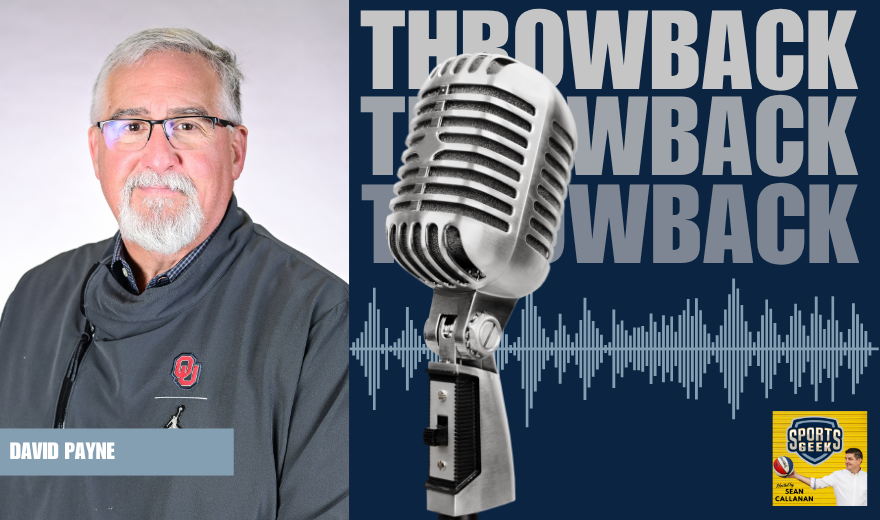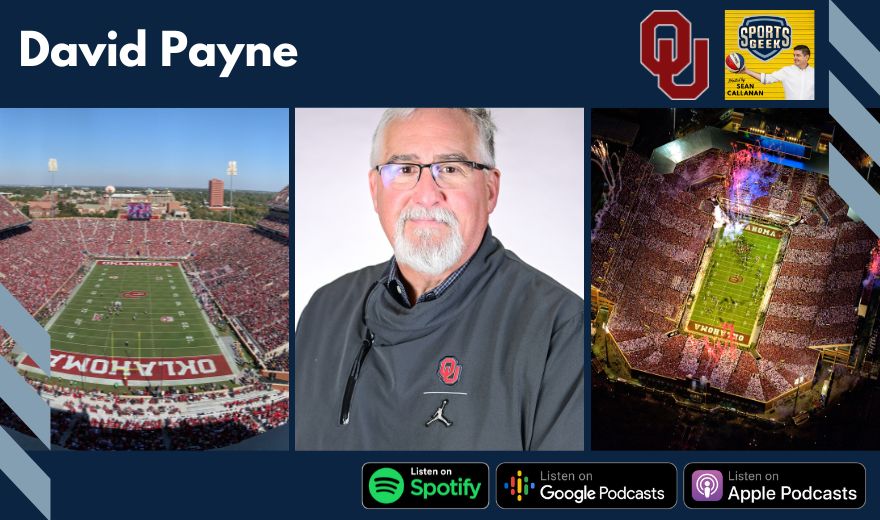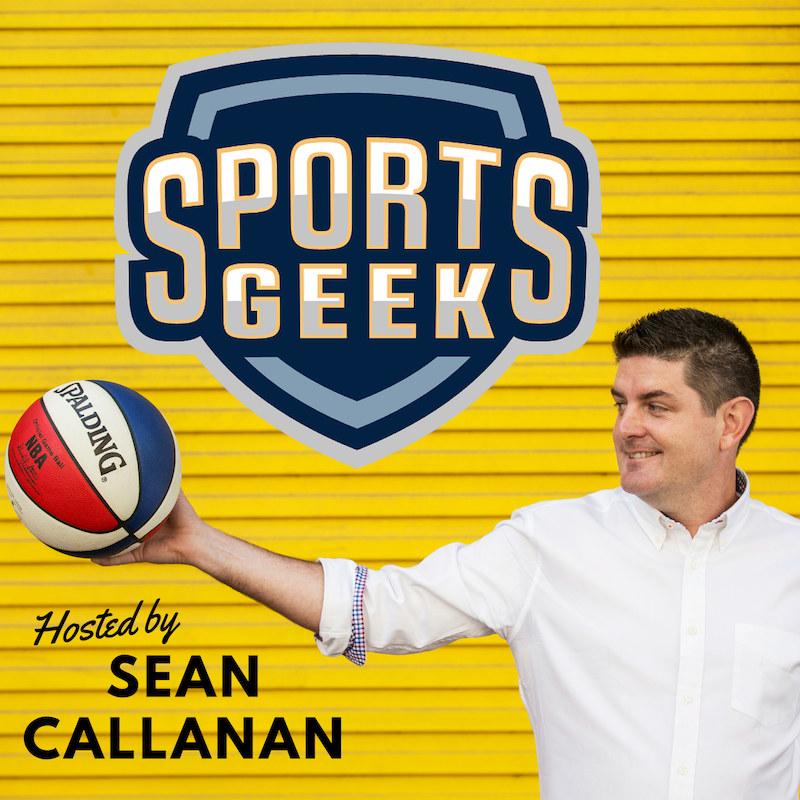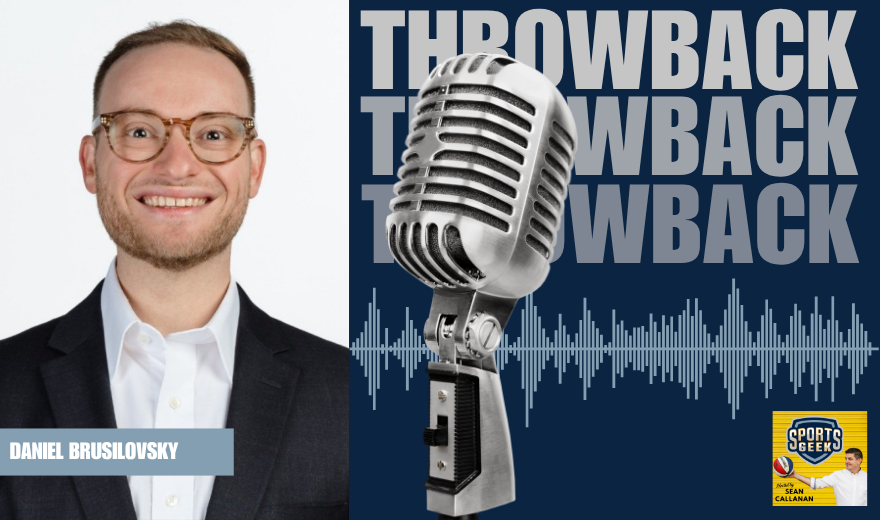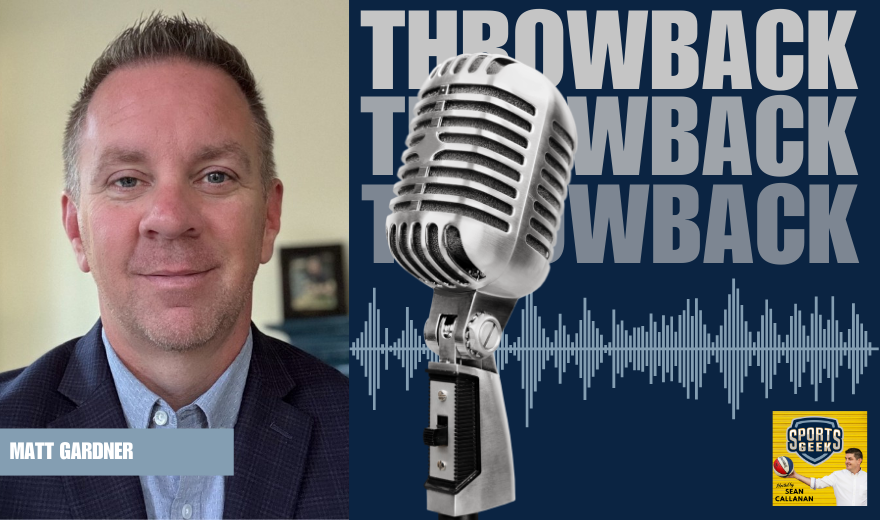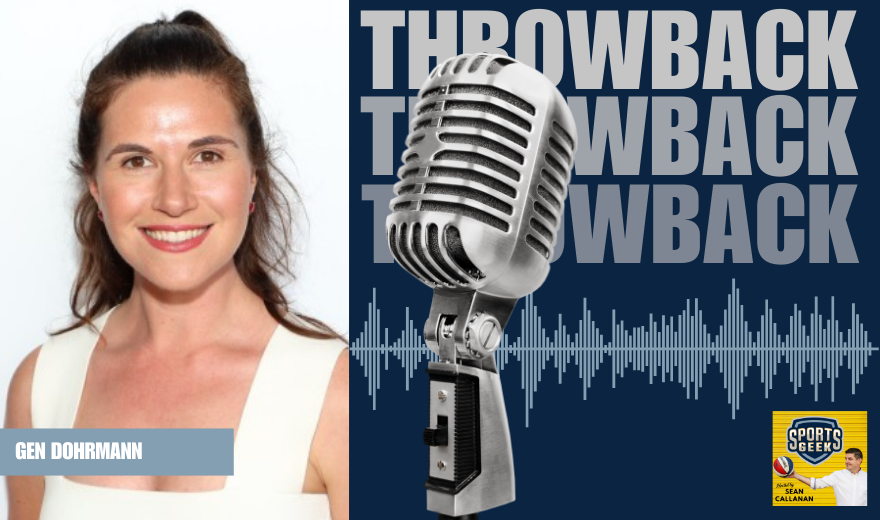This transcript has been lightly edited by AI
Sean: The last couple of years have thrown some challenges to everyone.
I think one of the departments that has shouldered a lot of the load has been IT as there's been these shifts in how people are engaging and how technologies play their part, work from home trends, and social distancing. Talk to us about what that pivot was, what that pressure was like from an IT department and infrastructure point of view.
David: That's a great question. For me as a technical, infrastructure focused professional, there was a lot of effort around making sure we are able to work without compromising certain security standards. All of a sudden the devices are no longer on our domain in our buildings, connecting to some of the resources that the data that we have is being accessed from remote places.
And we still had at that point quite a few data repositories that were on premises versus in the cloud. So coming up pretty quickly with approaches, systems, protocols, processes that allowed us to make that pivot so that people could work remote, continue to work remotely. Everything from the non sexy, non glamorous, spinning up a VM server and setting up virtual desktops so that people could, even if they didn't have a piece of hardware at home, other than their own personal laptop, they just were able to pull up a web page and it was like they were working on a university machine.
You know, people will probably be tired of hearing me talk about our Wi-Fi project, but when we did start to come back and everything had gone, there was this pivot to make everything digital. I think that was a paradigm shifting event that everybody was talking about to that point, but the pandemic actually kind of enforced
Sean: the change, accelerated the change.
Yeah, it was like, we should do this. We should do this. It's like, well, guess what? No one's here. No one's in the buildings anymore. We actually have like, we have to do it. I think it was partly that, but then also the fact that everyone was working from home, and especially for the hands-on people, they couldn't do the hands-on work.
So it actually freed up them mentally to go, I've had these things on my list of things to do for a long while. I can't do these ones that are highly hands-on, operational, collaborative. I have to be in the same room. So they started tackling some of those other ones and looked at technology.
So, you know, I'm a Glass Half Full type of guy, and there was a lot of projects like that, that sort of kicked off. I think
David: it helped spark what we like to call digital transformation for a lot of people. You know, digital transformation is not just getting all your paper files digitized and stored in some cloud repository.
There's, it's a lot more detailed than that in its purest form. And the pandemic really forced a lot of people to start moving that way. And for us too, the pandemic and the supply chain issues that came up, you know, even if we could get hardware to put in the hands of people to work at home, which in a lot of cases we couldn't, if they already had hardware by making some of those changes and shifting to a VDI environment,
Sean: I mean, yeah, there would have been IT policies and security things that you'd have to go, well, it would have been really hard and fast three years ago, but either we cannot get the hardware, you just can't physically order it, that person still needs to be able to do their job, all of these. So it became a bit more flexible, but still you've got to one, protect your data, protect your customers, protect your staff, those kinds of things.


